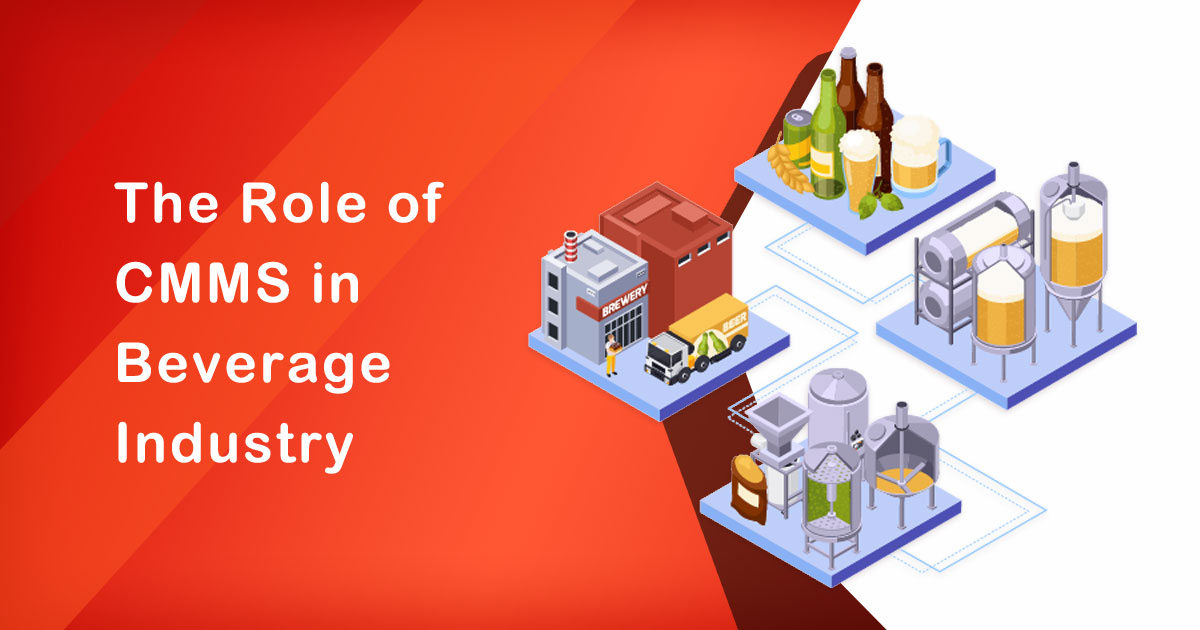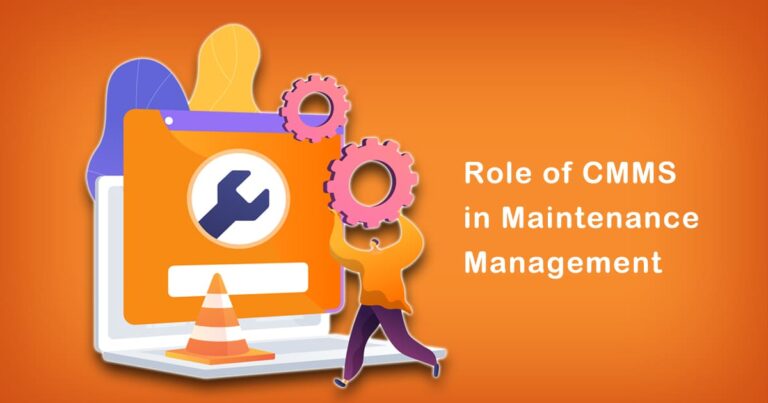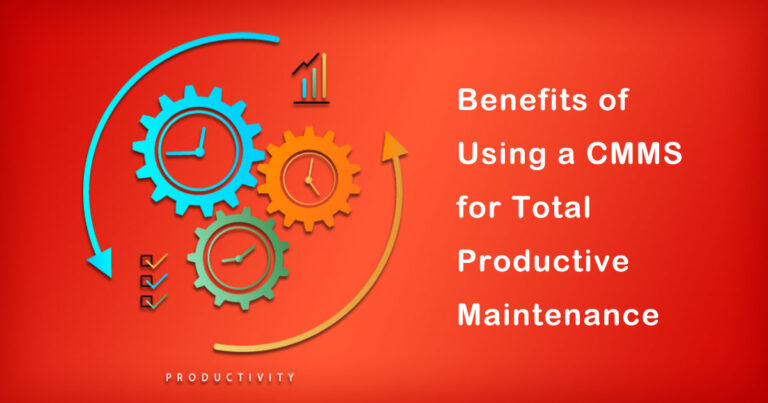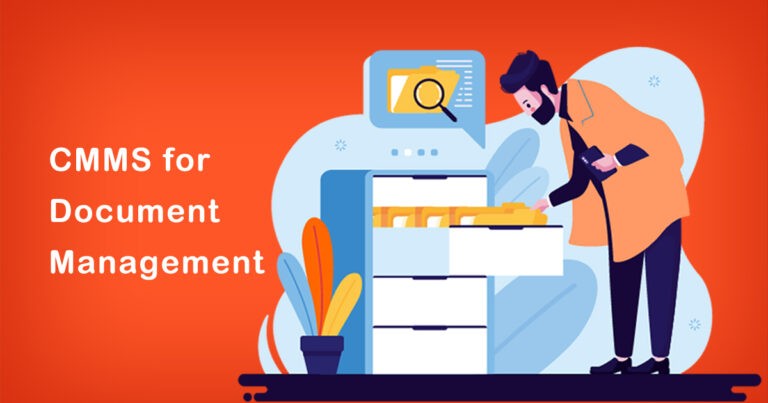Introduction
In today’s competitive business landscape, efficient maintenance and asset management play a crucial role in the success of any industry. The beverage industry, particularly in the Indian context, faces unique challenges due to its diverse range of products, strict quality standards, and demanding consumer expectations. To tackle these challenges effectively, many beverage companies are turning to Computerized Maintenance Management Systems (CMMS). In this article, we will explore the role of CMMS in the Indian beverage industry, its benefits, and how it can revolutionize maintenance practices.
Understanding CMMS
A CMMS is a software-based solution designed to streamline and automate maintenance activities, enhance asset performance, and reduce downtime. It serves as a centralized database for recording and managing information related to maintenance operations, such as work orders, equipment history, inventory, and preventive maintenance schedules. CMMS provides real-time insights, enabling businesses to make data-driven decisions, optimize resource allocation, and minimize costs.
The Indian Beverage Industry: An Overview
The Indian beverage industry has experienced significant growth over the past decade. It encompasses a wide range of products, including carbonated drinks, juices, packaged water, tea, coffee, and alcoholic beverages. This diverse market is highly competitive, with both domestic and international players vying for consumer attention. To meet consumer demands and comply with stringent quality standards, beverage companies must ensure seamless operations and minimize production disruptions.
The Role of CMMS in the Beverage Industry
1. Asset Management:
One of the primary benefits of CMMS in the beverage industry is efficient asset management. With CMMS, companies can track and monitor their equipment, manage maintenance schedules, and record equipment history. This helps in reducing unplanned downtime, optimizing asset performance, and extending their lifespan.
2. Preventive Maintenance:
Preventive maintenance plays a crucial role in preventing equipment failures and minimizing production disruptions. CMMS enables beverage companies to create and manage preventive maintenance schedules, ensuring that maintenance tasks are performed at regular intervals. By proactively addressing potential issues, companies can avoid costly breakdowns and maintain optimal production levels.
3. Work Order Management:
CMMS streamlines work order management, providing a centralized platform to create, assign, and track work orders. Maintenance technicians can access work orders on their mobile devices, allowing them to prioritize tasks, view equipment manuals, and record maintenance data in real-time. This improves productivity, reduces paperwork, and enhances communication within the maintenance team.
4. Inventory Management:
Effective inventory management is critical in the beverage industry to avoid stockouts and minimize wastage. CMMS allows companies to track spare parts inventory, automate reordering processes, and receive alerts when stock levels are low. This ensures that necessary spare parts are readily available, reducing downtime and improving overall operational efficiency.
5. Regulatory Compliance:
The Indian beverage industry operates under strict regulatory guidelines to ensure product quality, safety, and hygiene. CMMS aids in compliance by maintaining accurate records of maintenance activities, equipment calibration, and inspections. This data can be easily accessed during audits, demonstrating adherence to regulatory standards.
Benefits of CMMS in the Beverage Industry
Implementing a CMMS in the Indian beverage industry offers several advantages:
1. Increased Equipment Reliability:
By implementing preventive maintenance schedules and tracking equipment performance, CMMS helps in maximizing equipment reliability and minimizing breakdowns.
2. Improved Operational Efficiency:
CMMS streamlines maintenance processes, reducing paperwork, eliminating manual data entry, and optimizing resource allocation. This leads to increased operational efficiency and reduced costs.
3. Enhanced Data-driven Decision Making:
CMMS provides real-time insights into equipment performance, maintenance costs, and asset history. This data enables informed decision-making and the identification of trends for continuous improvement.
4. Cost Savings
Efficient asset management, preventive maintenance, and optimized inventory management result in cost savings for beverage companies. The reduction in unplanned downtime and breakdowns leads to higher productivity and improved profitability.
Conclusion
In the dynamic and competitive Indian beverage industry, efficient maintenance practices are vital for success. CMMS plays a pivotal role in streamlining maintenance operations, improving asset performance, and ensuring compliance with regulatory standards. By implementing a CMMS, beverage companies can enhance operational efficiency, reduce downtime, and achieve sustainable growth in the ever-evolving market. Embracing CMMS technology is a strategic move that empowers beverage manufacturers to stay ahead of the competition and meet consumer expectations in an efficient and cost-effective manner.








